If you feel like there’s a whole lot of lowering of standards going on in this country, this story would appear to prove you right. To wit, the Washington State Supreme Court issued a pair of rulings Friday eliminating the requirement that aspiring lawyers pass the bar, arguing that the exam “disproportionally and unnecessarily blocks” marginalized groups.
In effect, the justices are basically arguing that these "marginalized groups" are incapable of passing the exam, which would seem pretty discriminatory. This is a prime example of what former President George W. Bush defined as "the soft bigotry of low expectations."
What also jumped out at me right away is that the rulings did not evolve out of a case currently under their consideration—instead, the court itself appointed a task force in 2020, and this is their conclusion.
Make of that what you will.
Lowering standards seems to be in vogue; there are plenty more examples of articles like these:
U.S. Navy Drops High School Diploma, GED Requirement for Recruits — What Could Possibly Go Wrong?
Illinois School Will Require Teachers to Grade Based on Race
Oregon implemented the same bar exam policy change at the start of 2024 because, well, they’re Oregon. But several other states – including Minnesota, Nevada, South Dakota and Utah—are also considering similar moves.
Just In: The State of Washington has just announced that the bar exam will no longer be required for an attorney to become licensed in the state of Washington. According to the state Supreme Court the exam hurts minorities.
— 🇺🇸Travis🇺🇸 (@Travis_in_Flint) March 19, 2024
Wasn’t Don Lemon just telling Elon Musk that this… pic.twitter.com/3AnKxzdwaR
"Wasn’t Don Lemon just telling Elon Musk that this isn’t happening?" the above tweeter asked.
Seattle radio host Jason Rantz was not impressed and said the court was influenced by BLM ideology:
The Supreme Court convened the task force, but justices always knew the end result would be to ditch a mandatory bar exam requirement. That they called the bar exam racist is hardly surprising given the task force was informed by the Black Lives Matter worldview that systemic racism and oppressions exists in all our institutions. They went looking for a reason to call the bar exam racist, and that’s precisely what they found. But this isn’t some objective truth.
One problem that becomes apparent immediately: who's going to hire newly-minted lawyers who didn't pass the traditional exam? Rantz:
Lawyers who take the bar exam will likely have an advantage in finding work over those who seek alternative ways to be admitted to the bar. Because the task force and Supreme Court focused on race, it implies that students of color are not capable of achieving the skills to pass the exam, which is what every lawyer hiring associates had to do when they were studying to join the bar. The implication is racist, of course. But the task force sends the message that it’s truth. Why would someone hire a lawyer who they think isn’t bright enough to pass the bar exam when they can just as easily hire someone who did pass it?
Another obvious issue: how do we certify that lawyers are competent when they didn't pass the test? Not surprisingly, that hasn't all been worked out yet:
There will be three experiential-learning alternatives to the bar exam, each for people following a different path of legal study. The specifics, scale and implementation plan for the pathways have yet to be developed. [Emphasis mine.]
The proposed alternatives include internships and completing "standardized educational materials and benchmarks under the guidance of a mentoring attorney," among other ideas.
Oh, and wait—there's yet another potential problem: powerful families could benefit from the system, undermining the very diversity the change was meant to bring about:
[Gonzaga School of Law Dean Jacob] Rooksby also has some concerns that this pathway would be of particular interest to people with family connections in the legal field, which likely wouldn’t be contributing to the goal of diversifying the profession.
He hopes for “guardrails” so that the goal of increasing diversity and meeting legal needs in marginalized communities is met.
Call me crazy, but I think lowering the standards for doctors, military personnel, educators, air traffic control, and lawyers is a recipe for disaster. The dumbing down of America is not a smart (or safe) path for the future. We should be lifting people up, not bringing all our standards down.
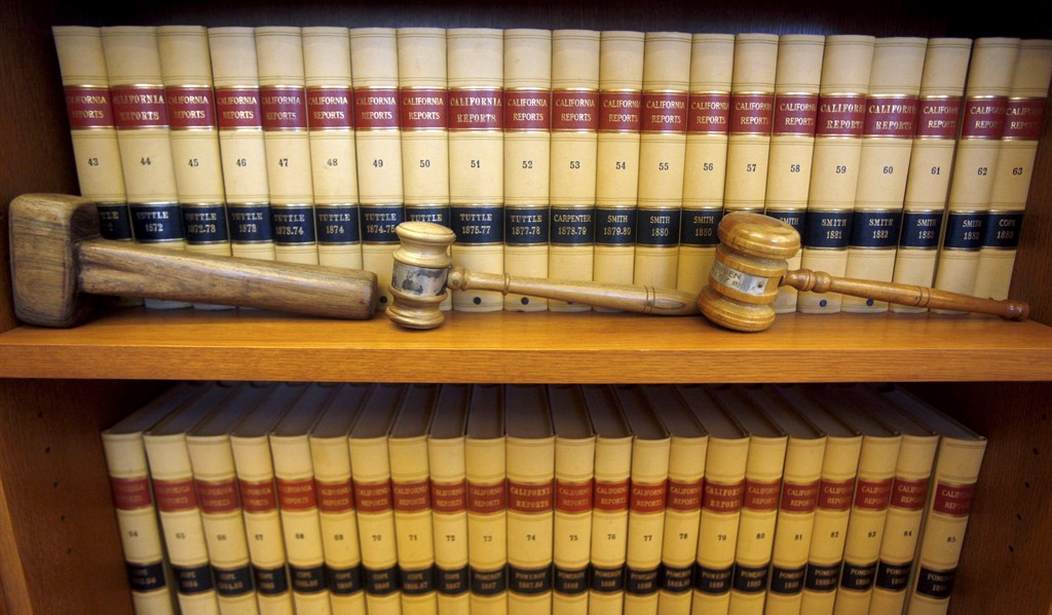

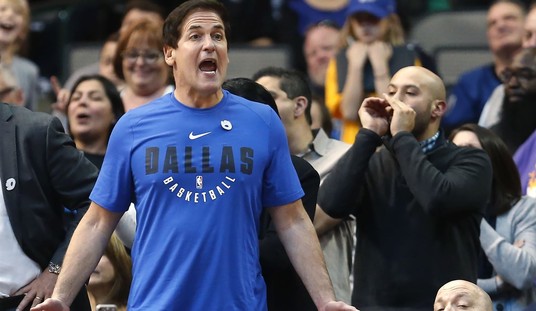
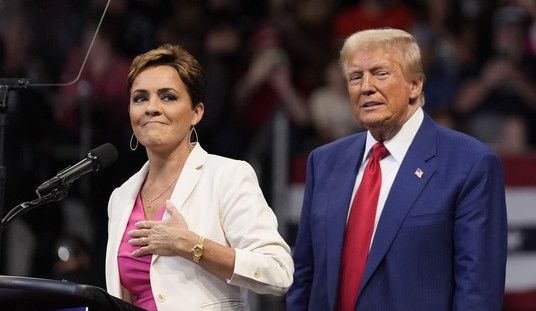

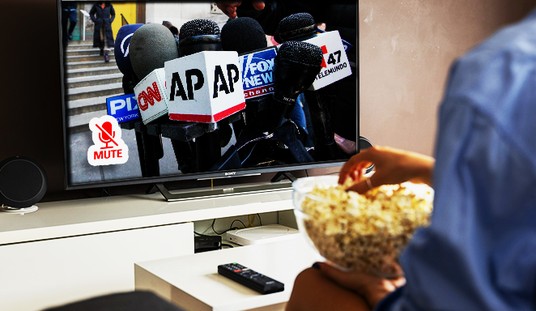
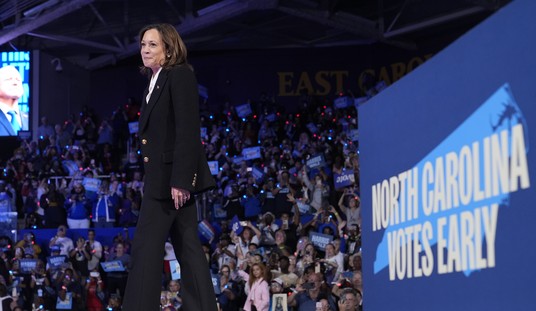


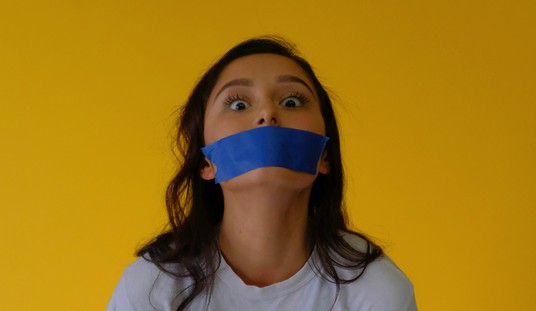
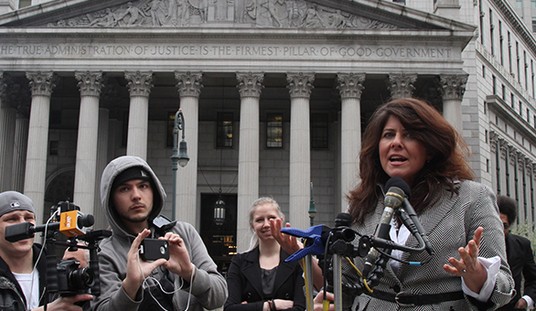
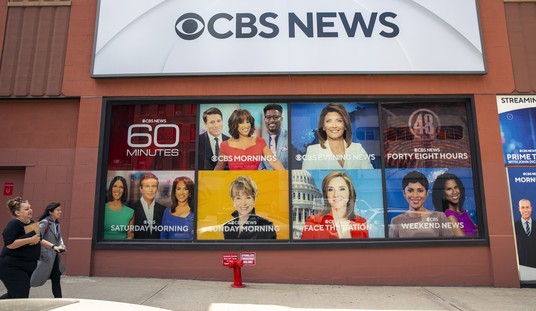

Join the conversation as a VIP Member